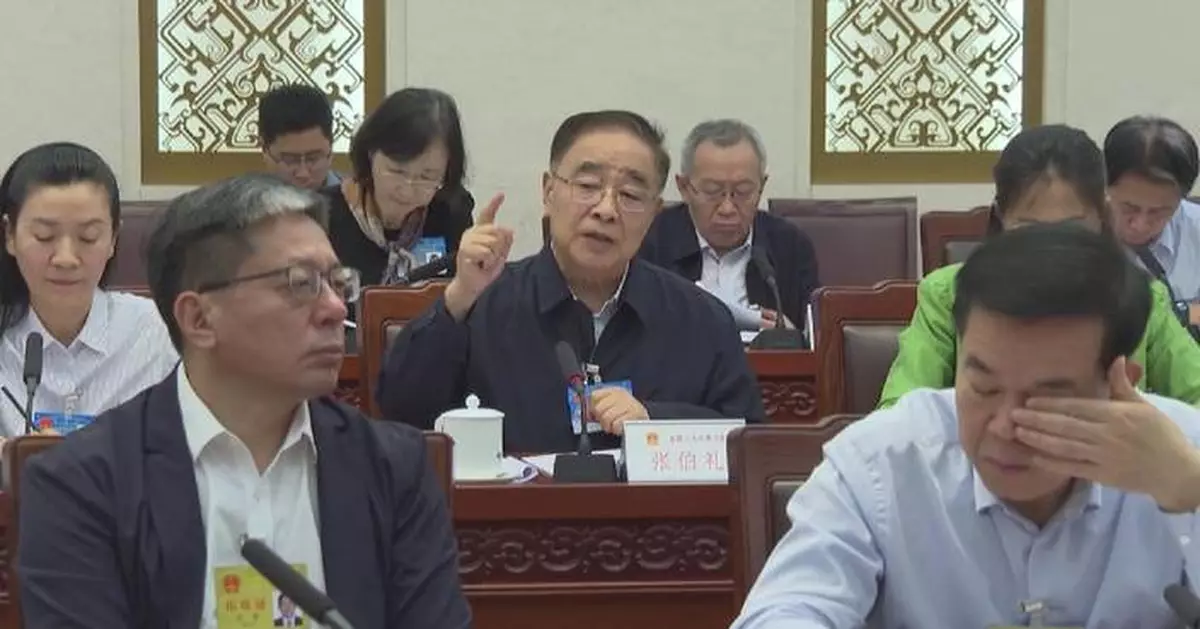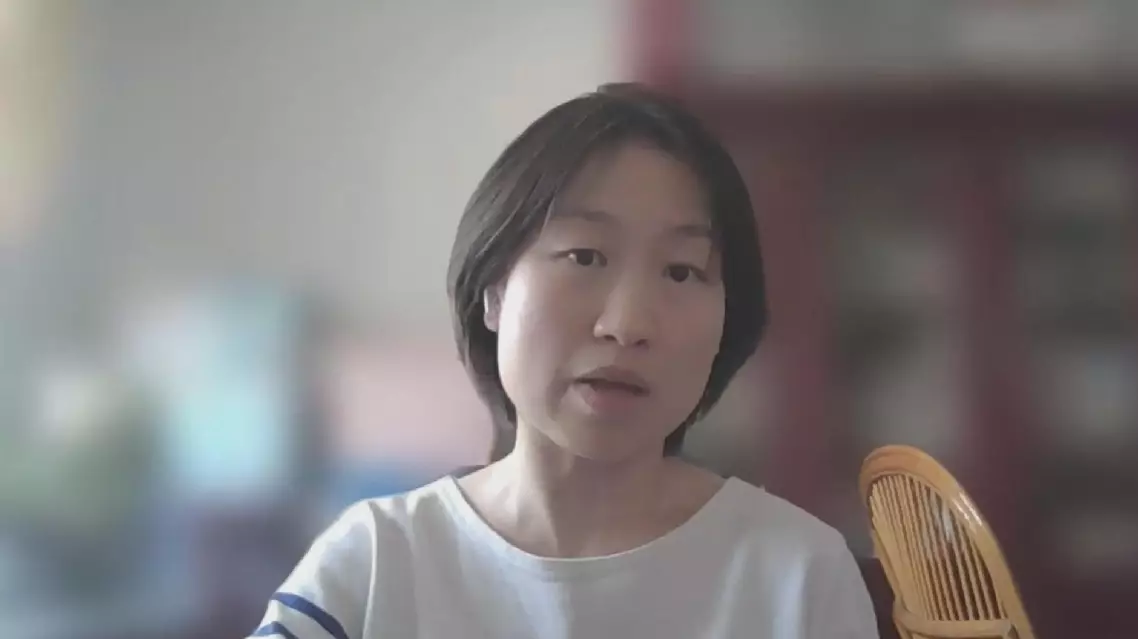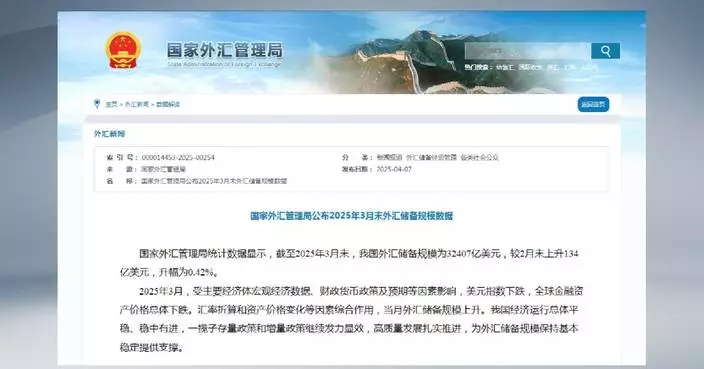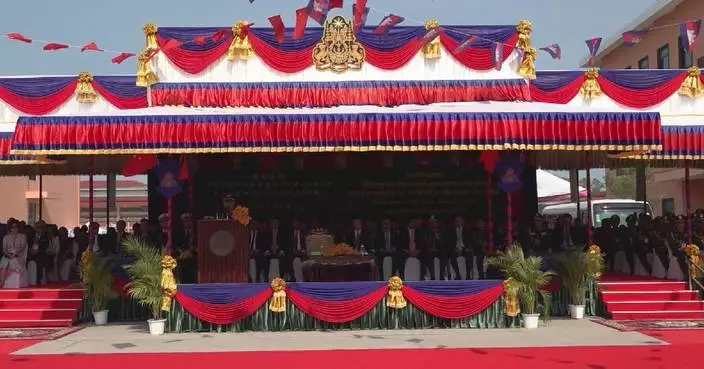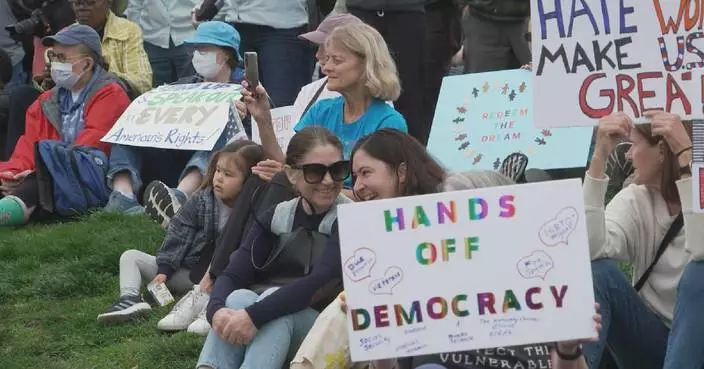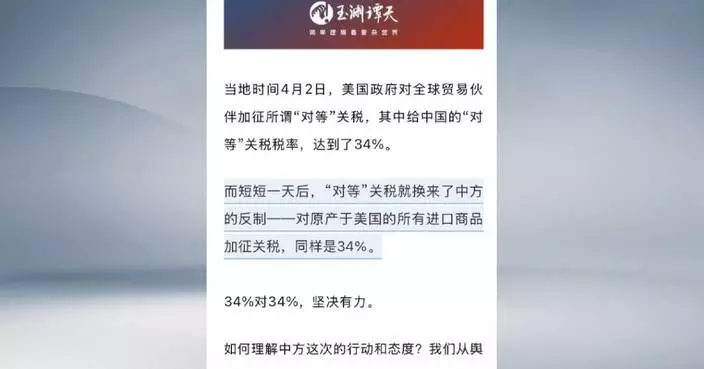China's National People's Congress has been deliberating on a draft law to strengthen the country's response to public health emergencies.
The Standing Committee of the 14th National People’s Congress has deliberated on the proposed law that aims to boost the country's emergency preparedness, especially its ability to monitor and issue early warnings for public health crisis. "Public health emergencies, especially new infectious disease outbreaks, spread rapidly and cause significant harm, making immediate actions essential and early warnings difficult. To design an effective warning system, it's important to consider the unique aspects of such emergencies, focus on key areas, avoid redundancy, and prevent contradictions," said Li Wei, a member of the Education, Science, Culture and Public Health Committee of the National People's Congress.
China's legislative efforts to strengthen response to public health emergencies also include earlier updates to the Frontier Health and Quarantine Law and the Emergency Response Law. In line with the country's emphasis on coherent and scientific legislation, lawmakers are focusing on integrating and streamlining measures to better manage any future public health crisis.
"In responding to public health emergencies, the Emergency Response Law plays a supplementary role. So to facilitate its application at the grassroots level, we need further review and study to incorporate key principles and important systems from the Emergency Response Law into the Public Health Emergency Response Law. And it's also important to clarify its relationship with the Infectious Disease Prevention and Control Law under amendment," said Zhang Yong, deputy head of the Legislative Affairs Commission of the National People's Congress.
Proposed revisions to the Infectious Disease Prevention and Control Law would expand the pre-existing categories of disease, taking into account unexplained infectious diseases.
"I think the law is continuously being improved, especially as the revisions now incorporate the lessons learned from our fight against the COVID-19 pandemic and reflected in institutional innovations, which is very good. But I' d also like to add that I hope it will further emphasize the equal importance of both Western and traditional Chinese medicine, as well as strengthen the focus on infectious disease education," said Zhang Boli, deputy of the 14th National People's Congress.
In addition to crisis management, the draft law aims to promote a science-based approach, balance public health measures with economic and social development while guaranteeing respect for citizen rights and public safety.
Discussions are expected to lead to new updates that officials say could eventually build a stronger, more resilient framework to better handle future public health challenges.
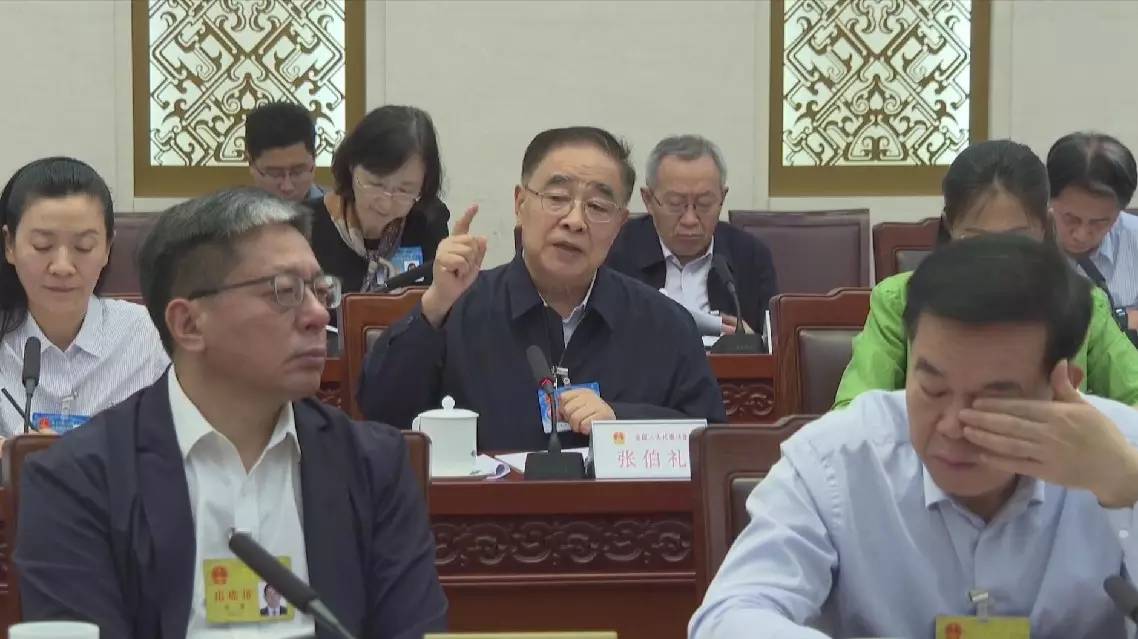
China mulls over draft law to boost public health emergency response


